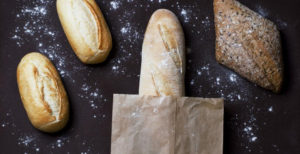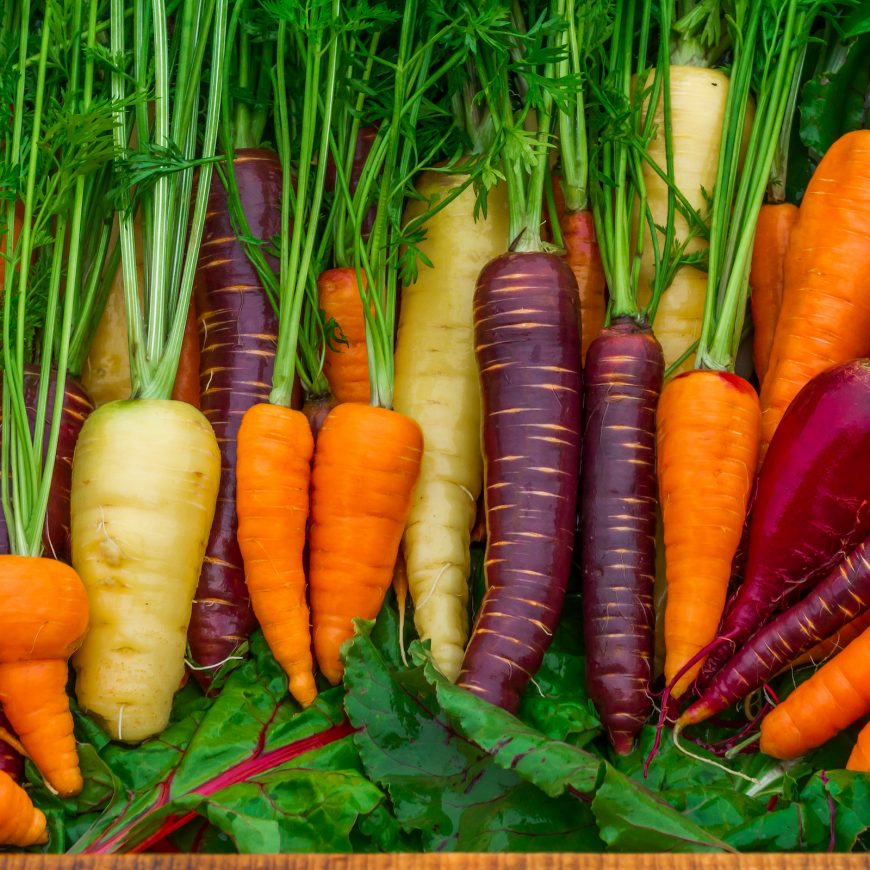Below 2.8 mmol/L in non-diabetics or 3.9 mmol/L in diabetics.
Signs & Symptoms: confusion, dizziness/light-headedness, shakiness, hungry, headache, irritability, racing heart rate, sweating, pale skin, trembling, weakness, anxiety, chills, clamminess, nervousness, nausea, tiredness, hyperactivity and blurred vision.
Causes:
- Diabetic medication – due to excessive insulin.
- Simple carbohydrates – these convert into sugar rapidly in the blood. This causes an insulin response and may further reduce blood sugar levels.
- Insulin resistance – this is often the precursor to diabetes. The role of insulin is to open our cells to allow glucose inside. Insulin is effectively the key to the door. Overtime, our cells become less sensitive to insulin, especially after years of high sugar/carbohydrate intake!
- Food allergy (reactive hypoglycaemia) – foods like gluten, wheat, dairy, sugar, eggs, soy and nuts are common culprits. When we consume an allergenic food that we are sensitive to it causes a stress response in the body. This results in a spike of adrenalin (short-term stress hormone), which also increases blood sugar. This response is drilled into our biology as this sugar spike prepares the body to fight, flight or freeze. What goes up, must come down. Insulin is in charge of bringing down blood sugar. However, often (especially in insulin resistance) too much insulin is released and blood sugar is reduced too low. If you suspect food allergy, try at least one week without the culprit foods. Every 3 days introduce one new culprit food. Note any symptoms or changes.
- Skipping meals or lack of food – a certain amount of food and regular meals is required to maintain blood sugar levels. A low carbohydrate diet may cause hypoglycaemia. Ensure that you are consuming an adequate quantity of carbohydrates for brain function, as the brain thrives on glucose as its preferred energy source.
- Over exercise – more common in athletes and individuals with a high muscle mass. Muscles become extremely insulin-sensitive, potentially reducing blood sugar too low (hence why exercise is important for insulin-resistance).
- Alcohol – excessive consumption without food may block the liver from releasing stored glucose into the bloodstream. Liver illnesses e.g. Hepatitis may cause hypoglycaemia. Additionally, alcohol rapidly turns into sugar in the blood.
- Endocrine disorders – adrenal, pituitary or thyroid gland disorders.

Natural Remedies:
- Short-term – eat something containing simple sugars to rapidly increase blood sugar levels.
- Balanced diet – protein, fat, fibre and some complex carbohydrates should be eaten regularly, to slow the release of sugar into the blood. 3 meals and 2-3 snacks daily is recommended to prevent blood sugar dropping too low. Simple carbohydrates should be minimised (except for emergency use) as they increase blood sugar levels too quickly, resulting in a rapid insulin release and low blood sugar. Examples of simple carbohydrates are fruit (stick to 2-3 serves spread throughout the day), dried fruit, juice, sweets and processed grains. Examples of complex carbohydrates are vegetables, whole grains and legumes. Check out my Healthy Meal and Snack ideas.
- Regular pattern – the body thrives on rhythms (e.g. circadian rhythm). When you eat meals and snacks at a similar same time each day the pancreas starts releasing insulin these times. Similarly with the body’s production of enzymes and hydrochloric acid.
- Reduce caffeine – increases adrenalin (short-term stress hormone) which spikes blood sugar in preparation to fight, flight or freeze. This stress response is drilled into our biology during times of danger. Insulin opens our cells to quickly clear the excess sugar out of our bloodstream. This may further drop blood sugar. Short-term stress acts in a similar way to caffeine.
- Cinnamon – this spice balances blood sugar levels. Sprinkle 1 teaspoon per day on breakfast, hot drinks or add to a smoothie.
- Chromium – stabilises blood sugar in both hypoglycaemia and hyperglycaemia. It is difficult to obtain therapeutic levels of chromium through diet, therefore, supplementation may be required. Take a supplement containing 300-500mg per day.
- Magnesium – helps to prevent hypoglycaemia. It is water soluble and must be consumed daily. Food sources include leafy green vegetables, nuts, seeds and cacao. It is difficult to obtain sufficient quantities through diet, therefore, supplementation may be inevitable. Choose a supplement containing 300-500mg per day. Tip: a simple test to determine if you are magnesium deficient is to stick your tongue out in front of a mirror – slight shaking or quivering indicates magnesium deficiency.
- Vitamin B3 – regulates blood sugar in people prone to hypoglycaemia. Food sources include turkey, chicken, peanuts, mushrooms, liver, tuna, peas, beef, sunflower seeds and avocado.

Consult with me to individualise your recommendations.




